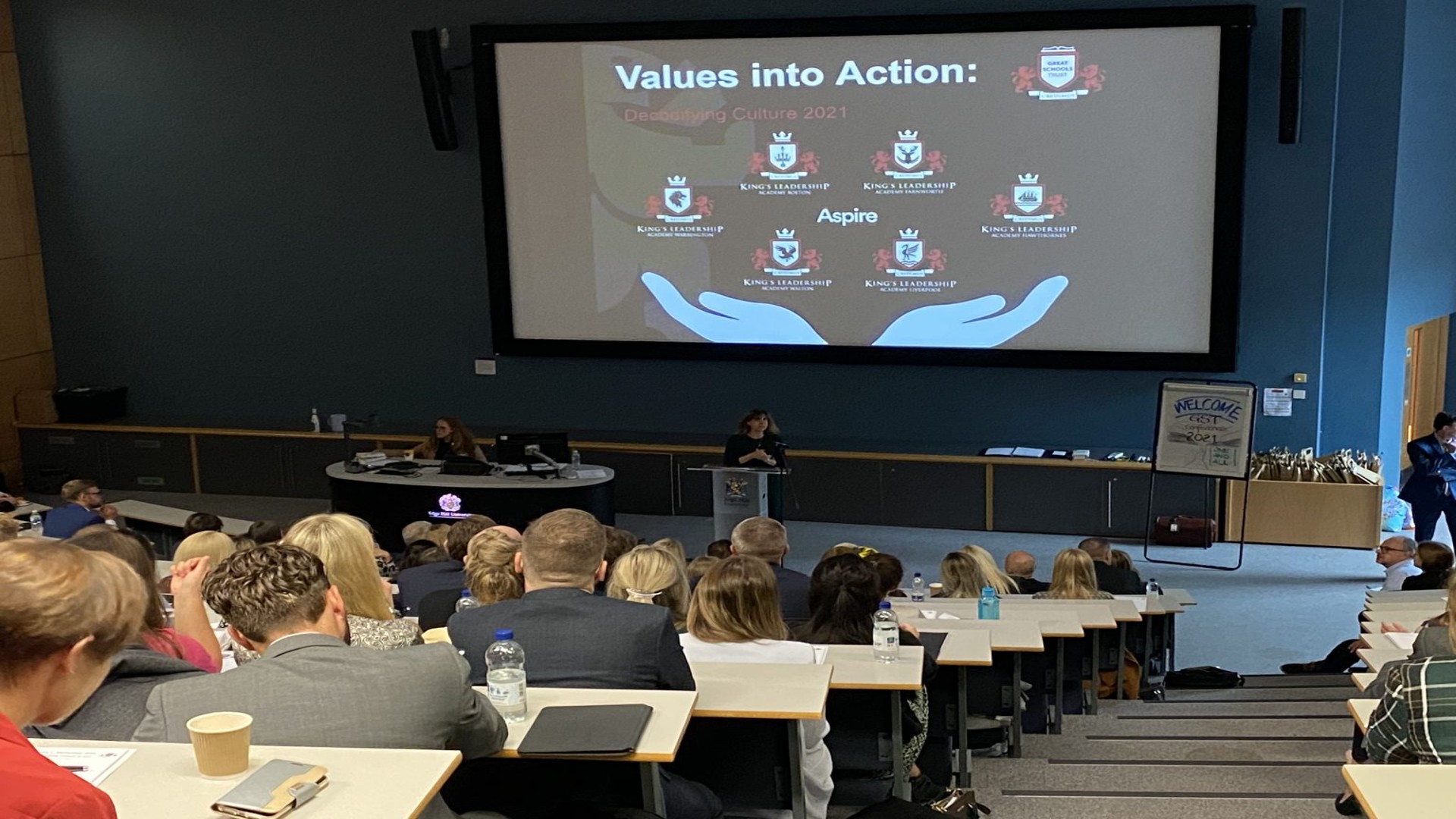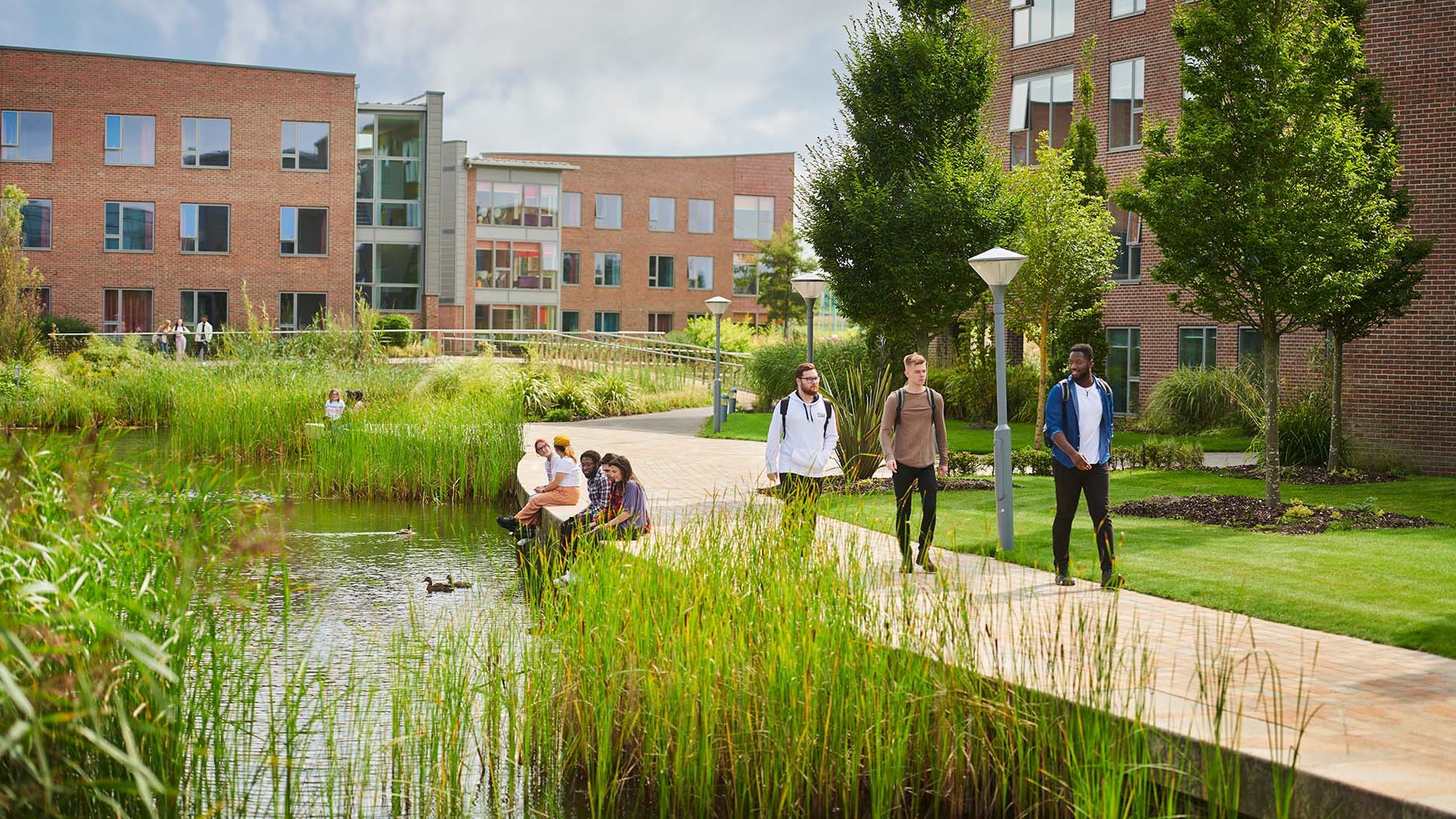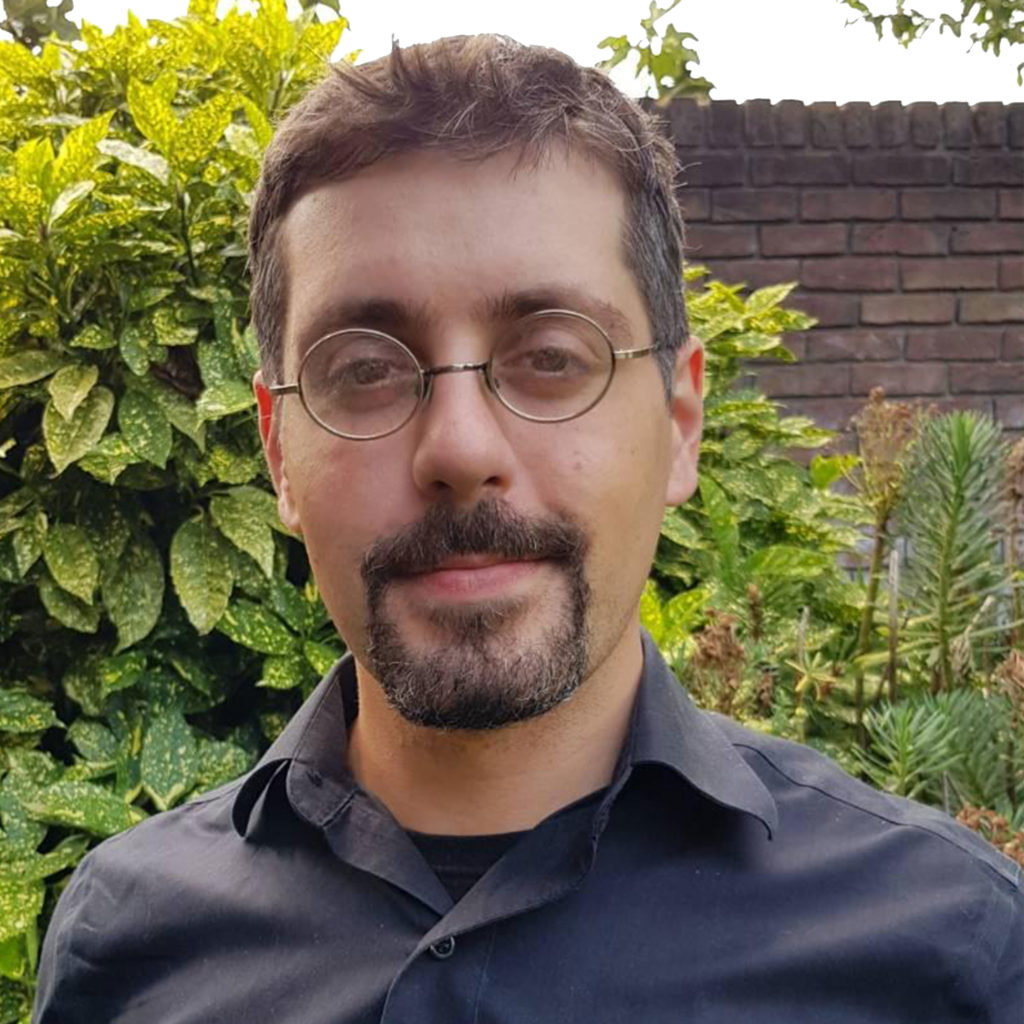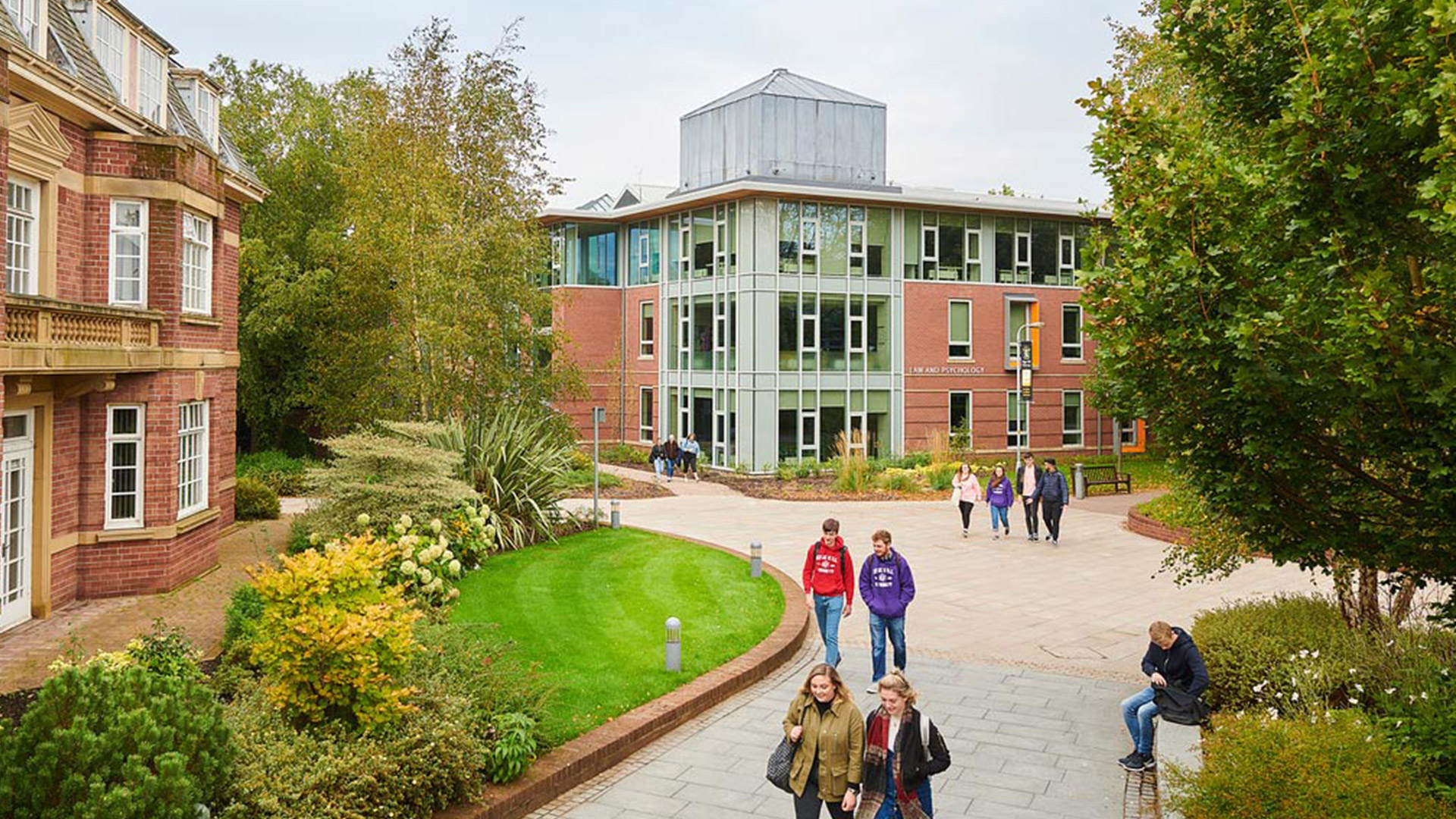SEEING MORE THAN HUMAN: AUTISM, ANTHROPOMORPHISM AND ALTERATIVE THEORIES OF THE MIND (31st March 2023)
For decades autism research has been dominated by a deficit account of the condition, in which autistic people are viewed as less interested or less capable of understanding what other people are thinking, feeling or taking their perspective (known as the theory of mind account). However, a shift in this model towards embracing neurodiversity, or natural variation in human cognition, has called such accounts into question. The neurodiversity paradigm instead suggests that neurodiverse people have unique social strengths that need to be cultivated rather than possessing deficits that need to be fixed. Through a series of studies, we will discuss one strength inherent to autism- the ability to see the human in non-human agents and the natural world. Notable autistic people like Temple Grandin, Dawn Prince Hughes and Greta Thunberg have famously discussed their connection to nature and living creatures. Our research also suggests that a social interest in what is not typically ‘human’ is highly developed in autistic people and, contrary to traditional accounts, leads to mindreading strengths that surpass those of neurotypicals. In light of these findings, we will discuss approaches that could be taken to improve double empathy or the connection between autistic and neurotypical people that build on these strengths and interests. These approaches include new technologies developed in partnership with colleagues in Computer Sciences using VR and Microsoft Hololens, and role-playing games that allow imaginative entrance into non-human worlds.
Speakers
Dr Gray Atherton:
Dr Gray Atherton has a BSc in Child Development from Vanderbilt University, an MEd in Counselling Psychology from the University of Houston, and a PhD in Educational Psychology and Individual Differences from the University of Houston, focusing on special populations. She is interested in understanding how neurodiverse people see the social world. In particular, she is interested in understanding the strengths inherent to neurodiversity and how these strengths can be used to challenge stigma and misunderstandings about developmental conditions such as autism. For instance, she studies how better understanding autistic peoples’ special interests can promote inclusivity and improve ‘double empathy’ and how hobbies like board and video games can broaden autistic people’s social worlds.
Dr Liam Cross:
Dr Liam Cross has a BSc in Psychology from Lancaster University and a PhD in Psychology from Leeds Beckett University. His PhD focused on how and why engaging in synchronous movement affects interpersonal relations and group processes. He is interested in intra and inter-personal dynamics such as affiliation, cooperation, conformity and social identity. He studies this in autistic people using digital technologies, including Virtual Reality and Augmented Reality. Beyond this, he has a keen interest in gamification and how games can be used to improve the social experiences of autistic people while teaching important skills.
Find out more about the speakers here: https://socialembodiedcognition.wordpress.com/
BRAINS THAT STAMMER: A VERY ACCESSIBLE OVERVIEW IN HONOUR OF STAMMING AWARENESS DAY (19th October 2023)
What makes some brains stammer, and what makes some stammering brains different from others? This lecture will provide an introduction to neuroscience generally, and use this knowledge to develop an understanding of brains that stammer. We will demystify neuroscience and take you beyond merely looking at colourful blobs and brainwaves. While the colourful blobs will certainly be there, much of the lecture will focus on understanding what they mean, and more importantly what they mean for brains that stammer.
Speaker
Dr Michel Belyk is a Senior Lecturer in Psychology at Edge Hill University. He studies the human voice, all the things that it says, and how it is able to say them.





